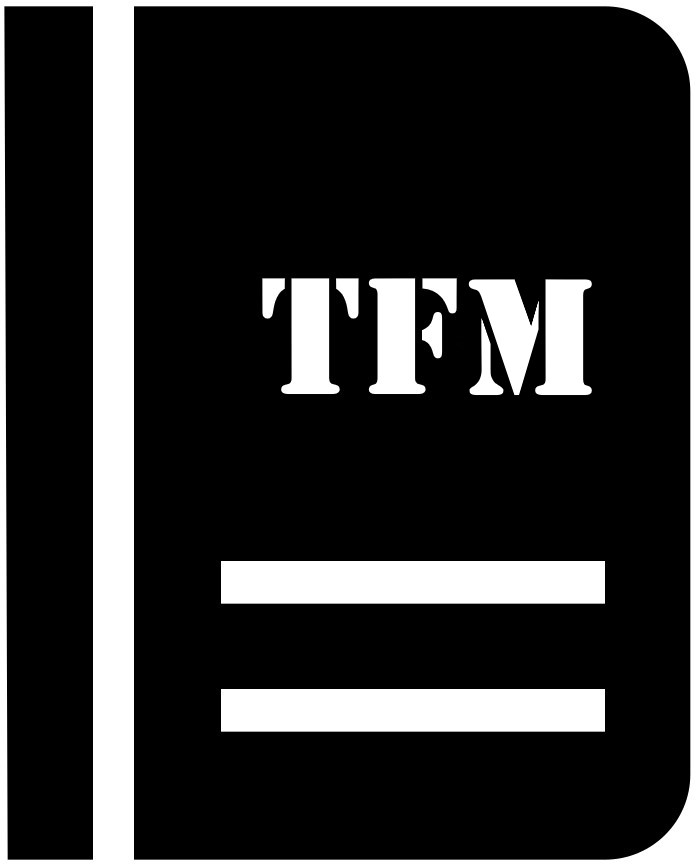|
Author
Tortajada Valle, Silvia
|
The objective of the project is the investigation of the nanoparticles of silica mesoporous (MSNs) as intelligent capsules in recommitments for protection against corrosion.
An intelligent capsule sees the mechanism of release activated by an external stimulus, in the case of MSNs the trigger is the environment pH. The synthesis of the nanoparticles is going to produce using a sol-gel method. Subsequently, the MSNs are going to load with calcium phosphate, which works as an inhibitory pigment, introducing the nanocontainers in an acid environment, pH 2. The results provided after the cleaning process will confirm that both the synthesis and the cleaning will produce correctly.
It is going to study the mechanism of release of MSNs by introducing 0.3 g of MSNs loaded with calcium phosphate in solutions of 3.5% by weight of NaCl that is still adjusted to pHs 2, 4, 7, 10, and 13. For each pH, 6 aliquots will be prepared, which will be left in agitation during different amounts of temps. The subsequent analyzes with ICP-OES and SEM will show with release it is going to produce more quickly at alkaline pHs and that the nanoparticles are, mainly, capable of maintaining the same shape and measure.
The resistance to corrosion of the MSNs loaded in a recovery is going to study formulating two recoveries containing MSNs at 3% and 5% in weight and comparing the traditionally pigmented recoveries that have the percentages in weight of the encapsulator pigment sense. The recoupments are to be applied to steel panels which are subsequently to be exposed in a saline fog chamber to a solution of 5% by weight of NaCl for 28 days. The analysis of the EIS and the optical images will show that the recovery of 3% in weight of MSNs loaded had the best resistance to corrosion, confirming that the encapsulation of the pigment is beneficial for the anticorrosive performance of the recovery since it is advisable to formulate a recovery with a higher yield with a lower quantity of inhibitory pigment.
|

|



